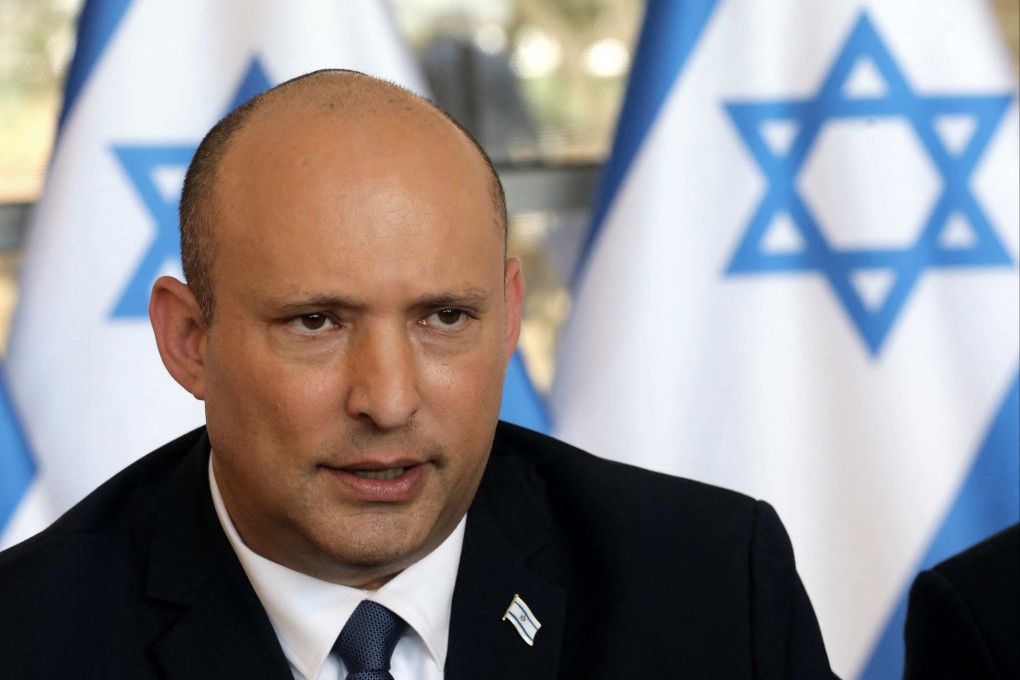Israel accuses Iran of using stolen classified UN nuclear watchdog documents to help it ‘evade probes’
- Israel presents cache of stolen documents allegedly taken by Israeli agents from an Iranian warehouse in 2018
- Israel is trying to dissuade big powers from renewing a 2015 Iranian nuclear deal in now-stalled Vienna negotiations

Israel said it has proof that Iran stole classified documents from the UN atomic energy agency nearly two decades ago and used them to conceal its nuclear activities from international inspectors.
The documents appear to show that Iran was spying on the inspectors and trying to anticipate and respond to any allegations of wrongdoing, but they do not appear to contain any evidence it was pursuing nuclear weapons. The release came as Israel has been pressing the US and other world powers not to restore a tattered nuclear deal with Iran.
Israeli Prime Minister Naftali Bennett circulated the documents to media. His office said they came from a trove of Iranian nuclear files seized by Israel in 2018 but have not previously been made public. The Wall Street Journal first reported on the documents last week, saying it had obtained them from “a Middle East intelligence agency” in a country opposed to Iran’s nuclear programme.
Bennett said he was sharing the documents in response to remarks by Iranian Foreign Minister Hossein Amirabdollahian at the World Economic Forum in Davos, Switzerland, who dismissed the allegations as “lies”.
The foreign minister pointed to previous times when Israel has issued dire warnings - which did not come to pass - that Iran was about to develop nuclear weapons.
“Spreading lies? Come on. I’m holding right here the proof of your lies in my hands,” Bennett said in a video circulated to media on Tuesday. The Persian-language documents, which could not be immediately authenticated, appear to be marked with official stamps, some bearing the word “secret”.